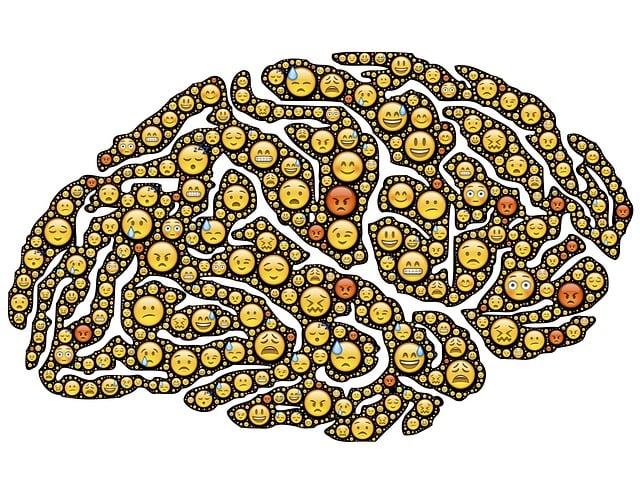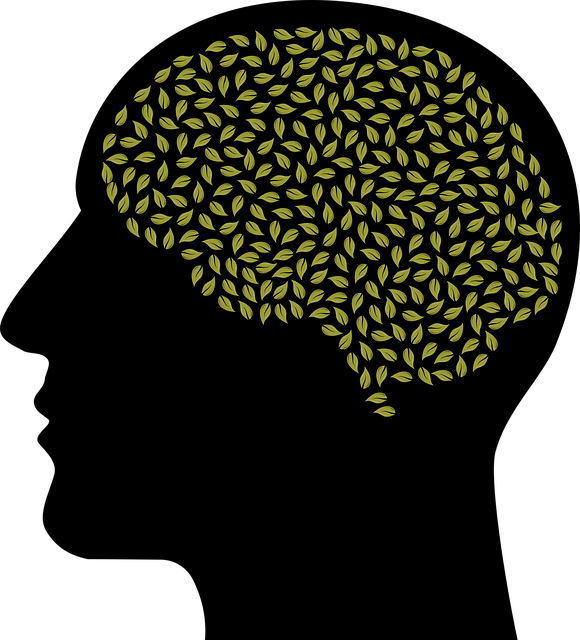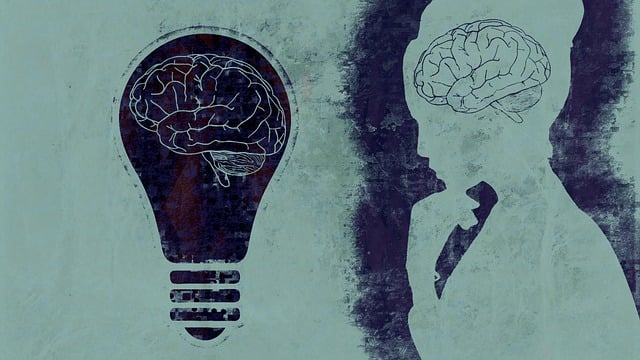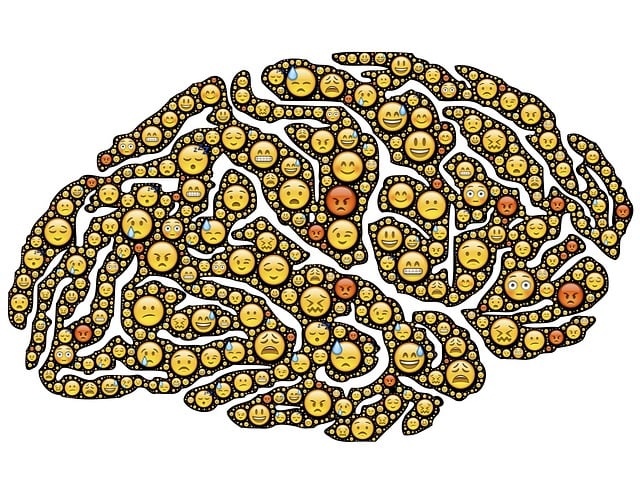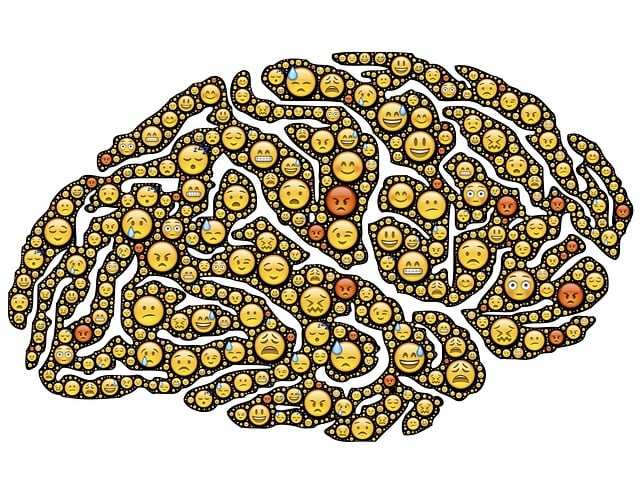Lakewood Hypnosis Therapy leads the way in enhancing mental health literacy through tailored education programs that empower individuals to recognize and address mental health concerns early. By offering diverse workshops, such as mindfulness meditation for students and cultural competency training for healthcare providers, they ensure impactful learning. Their comprehensive curriculum, integrating evidence-based practices like CBT and stress reduction techniques, equips participants with practical tools for emotional regulation and improved relationships. Through continuous evaluation and refinement, Lakewood Hypnosis Therapy ensures its programs remain dynamic and effective in fostering a healthier, more supportive society.
“Unveiling the power of mental health education, this article explores the art of program design, specifically tailored for the unique context of Lakewood Hypnosis Therapy. By ‘Understanding Mental Health Literacy and its Impact’, we delve into how informed individuals can foster better overall well-being. We identify key target audiences and outline a comprehensive curriculum covering essential topics. Integration of evidence-based practices ensures effective techniques, with a focus on Lakewood Hypnosis Therapy programs’ successful implementation, evaluation, and continuous improvement strategies.”
- Understanding Mental Health Literacy and its Impact
- Identifying Target Audiences for Effective Program Design
- Creating a Comprehensive Curriculum: Key Topics and Modules
- Integration of Evidence-Based Practices: Techniques and Strategies
- Implementation, Evaluation, and Continuous Improvement for Lakewood Hypnosis Therapy Programs
Understanding Mental Health Literacy and its Impact

Mental health literacy refers to the knowledge, attitudes, and skills individuals possess to recognize and understand mental health conditions, navigate support systems, and promote well-being. It’s akin to knowing how to spot the signs of a medical issue and seek appropriate care – but for mental health. Enhancing mental health literacy through programs like those offered by Lakewood Hypnosis Therapy can have profound effects on individual and community well-being.
This increased understanding empowers people to recognize early warning signs of common issues like depression or anxiety, enabling prompt intervention. Moreover, it fosters effective conflict resolution techniques, promoting healthier relationships and reducing stress levels. By equipping individuals with tools for burnout prevention, mental health literacy contributes to a more resilient and supportive society. Programs that integrate these aspects can significantly impact public health, ensuring people have the resources to maintain or improve their mental well-being.
Identifying Target Audiences for Effective Program Design

Identifying the target audience is a pivotal step in designing an effective mental health education program, such as those offered by Lakewood Hypnosis Therapy. Understanding who the program aims to reach—whether it’s students, healthcare providers, or general communities—is essential for tailoring content and delivery methods. For instance, mindfulness meditation workshops designed for high school students might focus on teaching stress management techniques relevant to their age group and academic pressures.
In contrast, Healthcare Provider Cultural Competency Training would target medical professionals seeking to enhance their understanding of diverse populations’ mental health needs. This tailored approach ensures that the program meets the specific requirements and challenges of each audience, fostering better engagement and outcome. By recognizing these differences, Lakewood Hypnosis Therapy can create impactful programs like Mindfulness Meditation sessions or Emotional Regulation workshops that resonate with participants.
Creating a Comprehensive Curriculum: Key Topics and Modules

Developing a robust mental health education program requires careful consideration of key topics and modules to create a comprehensive curriculum. At Lakewood Hypnosis Therapy, we believe in empowering individuals with knowledge and skills to navigate their mental wellness journey effectively. The program should cover a wide range of subjects, including but not limited to stress management, anxiety disorders, depression, and emotional intelligence. By integrating Self-Awareness Exercises and Emotional Well-being Promotion Techniques, participants gain practical tools for enhancing their mental resilience and overall quality of life.
Each module should be designed to foster interactive learning experiences, encouraging active participation and peer-to-peer support. Topics such as mindfulness practices, cognitive behavioral therapy techniques, and coping strategies can be tailored to different demographics and needs. Incorporating real-life case studies and success stories from the community adds a layer of relatability and inspiration, showing participants that mental wellness is achievable and sustainable.
Integration of Evidence-Based Practices: Techniques and Strategies

The integration of evidence-based practices is a cornerstone of effective mental health education programs. Techniques such as cognitive behavioral therapy (CBT), mindfulness, and stress reduction methods have been proven to significantly improve participants’ mental wellness. At Lakewood Hypnosis Therapy, we emphasize these strategies in our community outreach program implementation, focusing on practical solutions that can be integrated into daily lives. For instance, our Mental Wellness Journaling Exercise Guidance encourages individuals to reflect on their thoughts and emotions, fostering self-awareness and providing a safe space for emotional expression.
Through these evidence-based practices, participants learn valuable tools to manage stress, improve coping mechanisms, and enhance overall mental health. The program design incorporates interactive sessions, group discussions, and personalized guidance tailored to diverse needs. By combining scientific research with compassionate support, our approach ensures that individuals not only gain knowledge but also develop practical skills for maintaining and improving their mental wellness.
Implementation, Evaluation, and Continuous Improvement for Lakewood Hypnosis Therapy Programs

The successful implementation of Lakewood Hypnosis Therapy programs hinges on a robust framework that integrates evaluation and continuous improvement. Regular assessment of program effectiveness is crucial, utilizing both quantitative and qualitative methods to gauge participant outcomes and satisfaction. This includes pre-post surveys measuring mental health awareness and changes in well-being, as well as in-depth interviews to gain insights into individual experiences and suggestions for enhancement.
By fostering an ongoing cycle of learning and adaptation, the program can incorporate feedback to refine communication strategies and tailor compassion cultivation practices to meet evolving needs. This iterative process ensures that Lakewood Hypnosis Therapy remains a dynamic and impactful force in promoting mental health, continually optimizing its approach based on evidence gathered from real-world implementation.
Mental health education programs, such as those incorporating Lakewood Hypnosis Therapy techniques, are powerful tools for fostering well-being. By understanding mental health literacy, identifying diverse audiences, and creating comprehensive curricula with evidence-based practices, these programs can significantly improve community mental health. Effective implementation, evaluation, and continuous improvement ensure that these initiatives remain impactful and relevant, ultimately enhancing the lives of those they serve.
